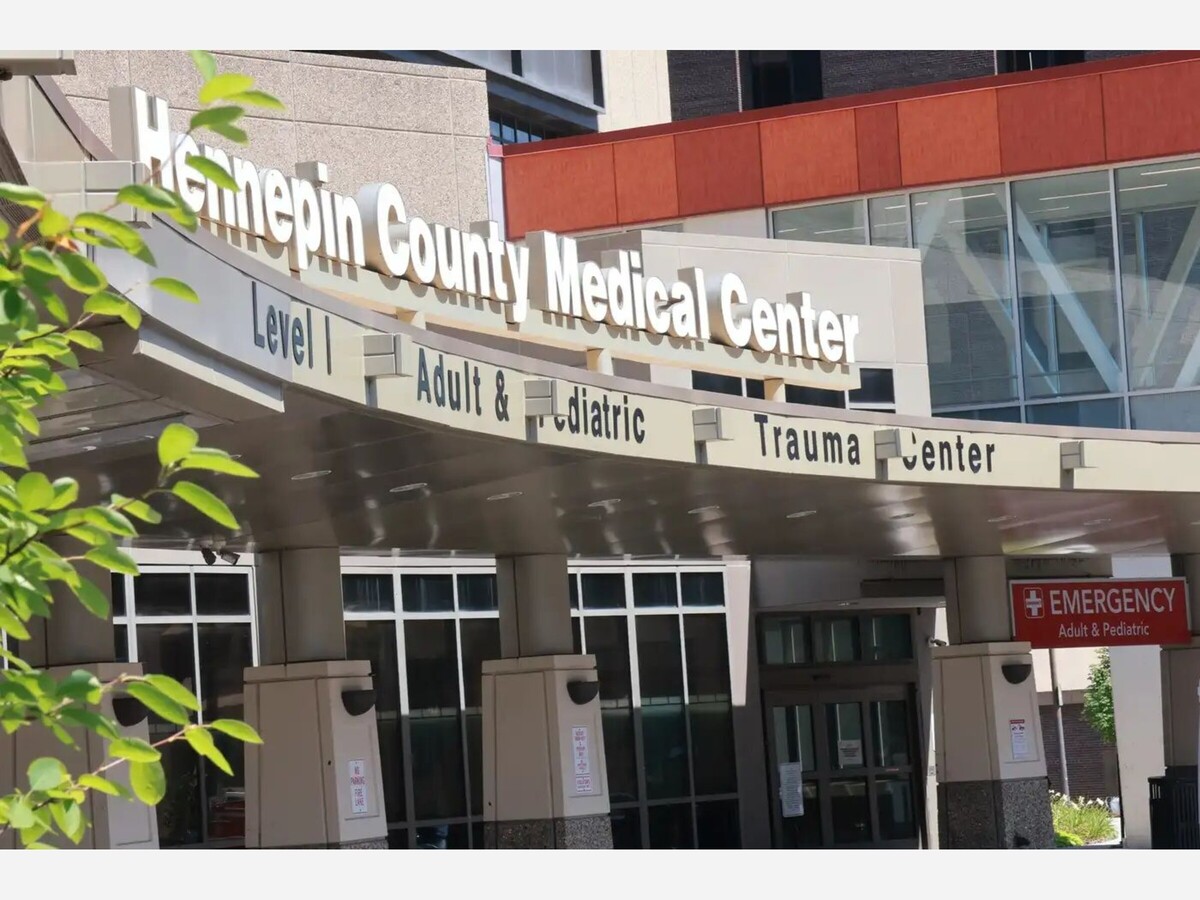Image


MINNEAPOLIS, MN — In a decisive move aimed at addressing years of deepening financial troubles, the Hennepin County Board of Commissioners on Tuesday voted 6–1 to dissolve the volunteer board overseeing Hennepin County Medical Center (HCMC) and its clinics, placing the $1.6 billion health system under direct county control.
The action disbands the Hennepin Healthcare System (HHS) board—comprised of community volunteers—and transfers governance responsibilities to the County Board and senior county staff. Commissioner Heather Edelson cast the lone dissenting vote, supporting oversight changes but calling for a defined timeline for restoring independent governance.
HCMC, the region’s largest safety-net hospital and Level I adult and pediatric trauma center, has operated at a loss in seven of the past eight years. County officials cite a projected $35 million deficit for 2025 and an estimated $100 million in uncompensated care costs this year, largely for uninsured patients.
Commissioner Angela Conley, who backed the takeover, warned of the stakes:
“We don’t have time to lose here. We are in trouble. I won’t let this hospital close.”
The County Board will immediately form a transition team tasked with stabilizing HCMC’s finances, improving operational efficiency, and developing a long-term sustainability plan.
Hospital board leaders argued that the move addresses the wrong problem. HHS Board Chair Mohamed Omar said the financial strain stems from “unprecedented fiscal challenges, not governance failures,” and warned that dissolving the board could silence the diverse community voices it represents.
The now-disbanded board had recently become more racially and ethnically diverse, reflecting the demographics of patients who rely on HCMC for culturally competent care. Critics of the takeover suggest that the board was not given sufficient time—less than a year since its latest appointments—to fully implement its proposed turnaround measures.
The decision drew strong support from several hospital worker unions, including the Hennepin County Association of Paramedics & EMTs. Union leaders have long called for greater transparency, accountability, and county involvement, citing concerns over safety, working conditions, and leadership’s handling of recruitment and retention.
County leaders emphasized that no immediate changes are expected in patient care or services. Commissioners reiterated their commitment to keeping HCMC open, maintaining its trauma, specialty, and community health programs, and continuing its role as a key training facility for medical professionals.
Long-term ambitions include up to $2.5 billion in capital investments over the next decade to modernize facilities—contingent upon achieving financial stability. The county is also exploring state assistance and the possible repurposing of the Target Field sales tax for healthcare funding.
The County Board pledged to provide a public update on stabilization efforts by July 2026. While commissioners stressed that county control is not intended to be permanent, no date has been set for reinstating an independent governance board.
HCMC, located in downtown Minneapolis, remains a critical healthcare provider for the Twin Cities and beyond, serving tens of thousands of patients annually regardless of insurance status or ability to pay. The coming months will determine how quickly county leaders can close the budget gap—and whether this governance change can reverse a decade of financial strain without compromising its safety-net mission.